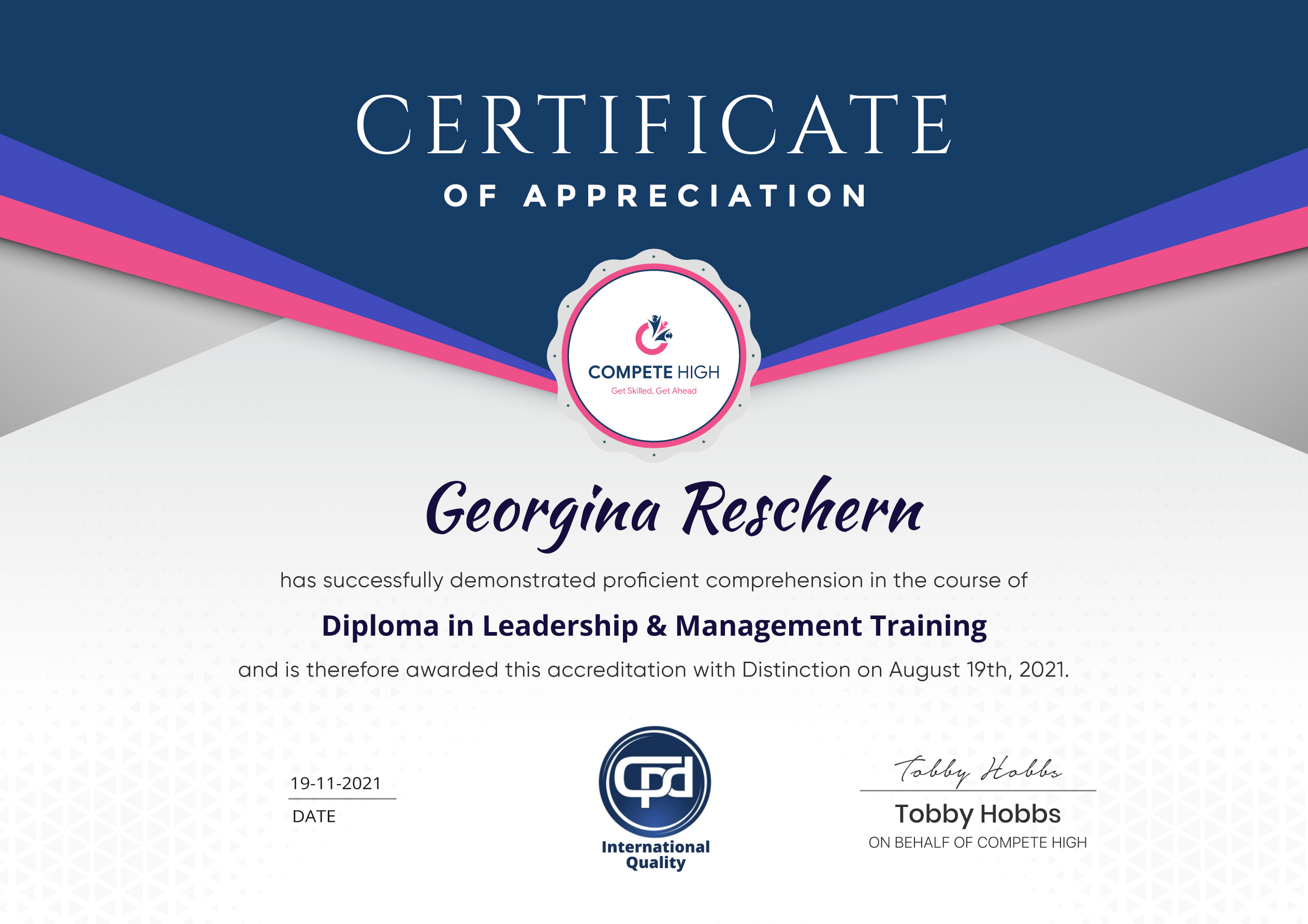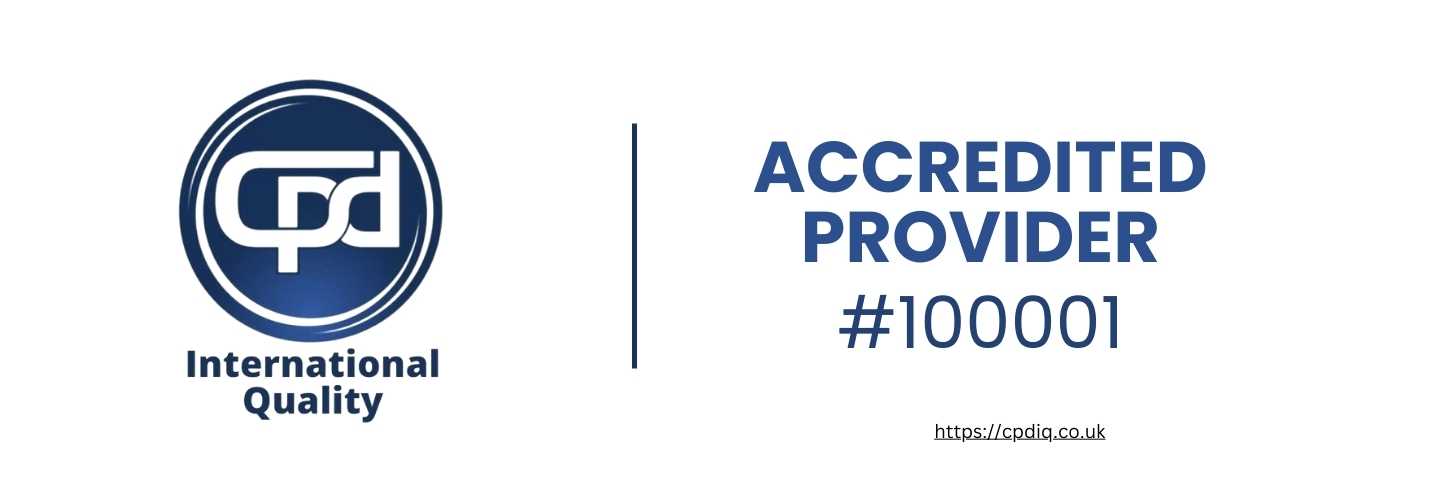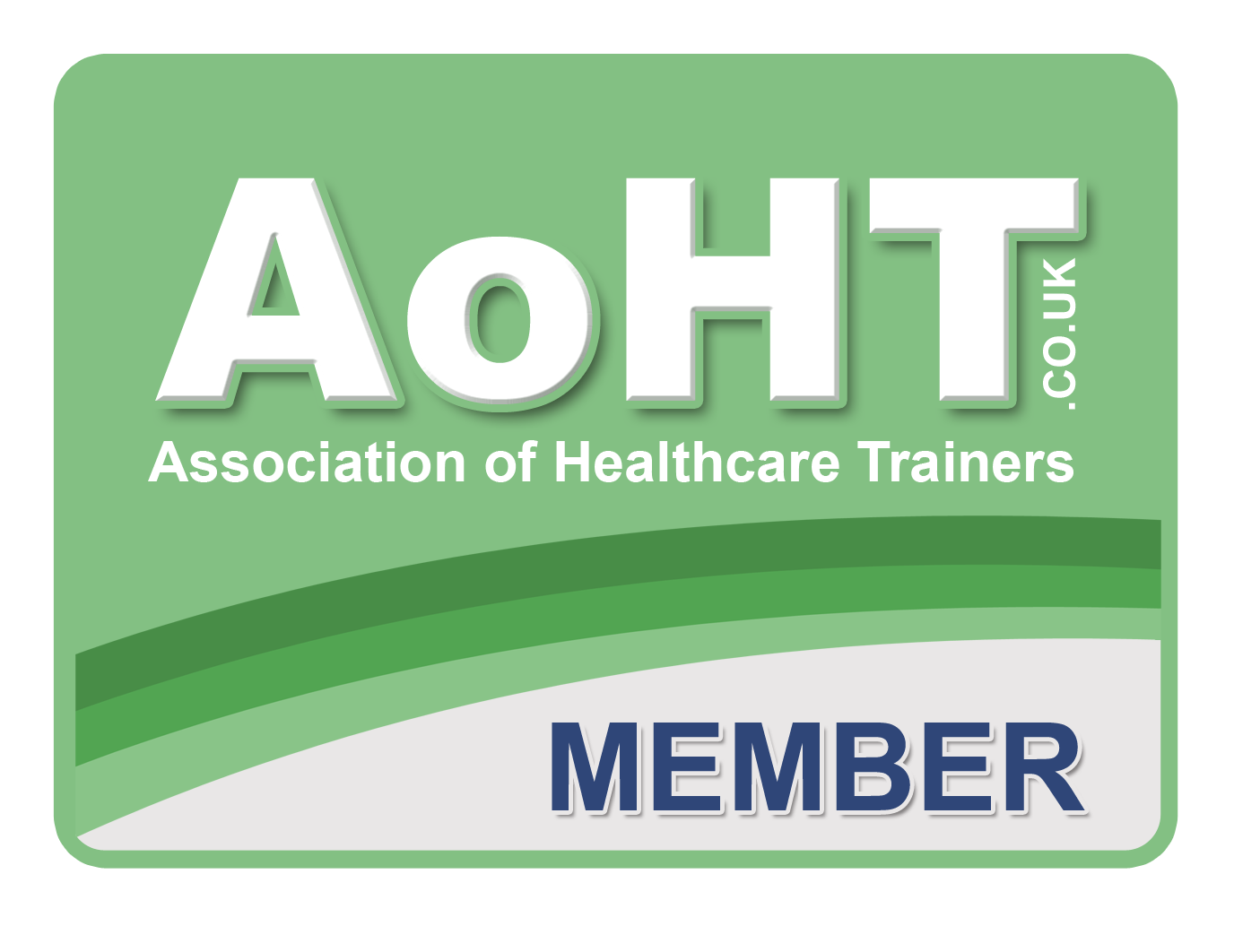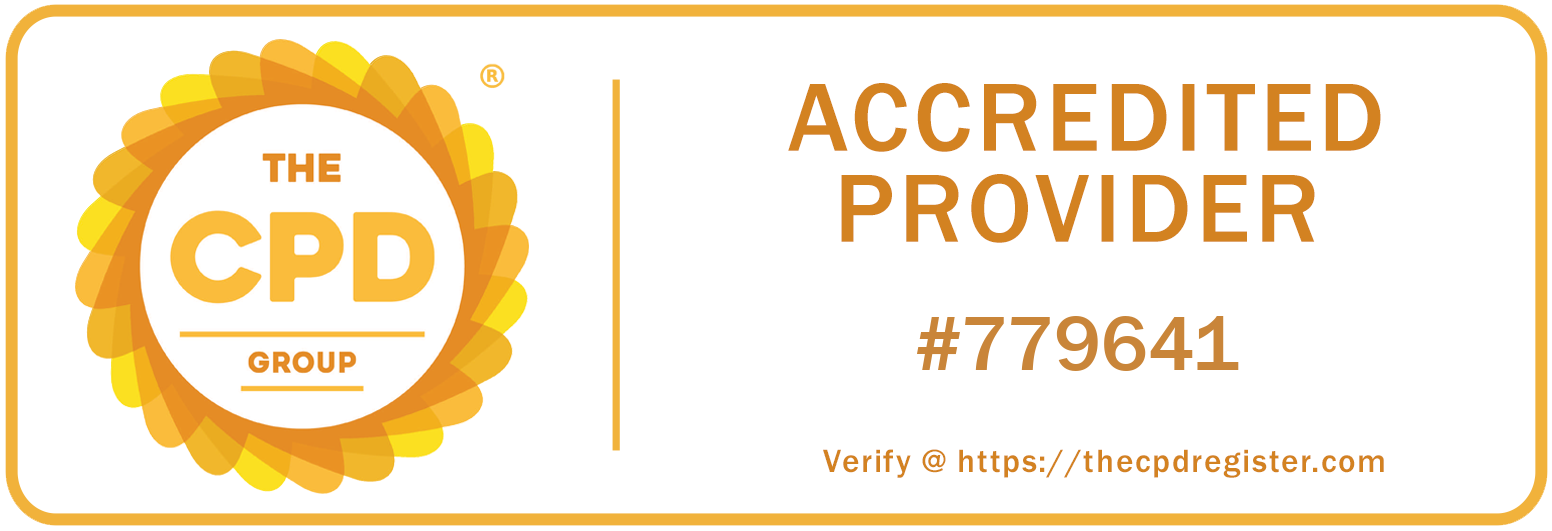Understanding Economics
NEW YEAR SPECIAL! 1500+ COURSES AT ONLY £99 FOR LIFE. FIND OUT MORE
Understanding Economics
Understanding Economics – Get Job-Ready Fast with a Practical Economics Certificate
Overview
Understanding Economics is a career-focused course designed for learners who want to grasp essential economic concepts quickly and efficiently. Unlike lengthy economics programs that take months or years to complete, Understanding Economics is intentionally short, streamlined, and practical. This allows you to complete the course faster, earn your certificate quickly, and move forward toward job opportunities or further studies without delay.
Economics plays a critical role in business, government, finance, and everyday decision-making. Employers value candidates who understand how markets work, how economic decisions are made, and how policies affect businesses and individuals. Understanding Economics provides this knowledge in a simplified, job-oriented format that supports fast learning and immediate application.
If your goal is to become job-ready in a short time, strengthen your resume, or gain a solid foundation in economics without overwhelming theory, Understanding Economics is the ideal course.
Description
The Understanding Economics course is designed to break down complex economic ideas into clear, easy-to-understand concepts. Instead of focusing on advanced mathematics or heavy academic theory, Understanding Economics emphasizes real-world understanding and practical relevance.
One of the strongest advantages of Understanding Economics is its short duration. Many economics courses require long study periods before certification. With Understanding Economics, you can complete the course quickly and receive your certificate faster, which is especially valuable for job seekers, students, and professionals who need recognized credentials in a short time.
This course explains how economies function, how decisions are made, and how economic systems influence businesses and markets. Understanding Economics also helps learners develop analytical thinking and problem-solving skills—abilities that employers highly value across many industries.
The included assignment ensures that Understanding Economics goes beyond theory and helps learners apply what they’ve learned. This practical approach supports job readiness and confidence in real-world situations.
Course Curriculum
Chapter 01 – Basics of Economics
Learn the fundamental principles of economics, including needs, scarcity, and choice. This chapter builds the foundation for everything else in Understanding Economics.
Chapter 02 – Understanding How Economists Use Models and Graphs
This chapter introduces basic economic models and graphs in a simple, accessible way. Understanding Economics helps you interpret data and visualize economic relationships.
Chapter 03 – The Economy and Economics
Explore how different parts of the economy interact. This chapter connects economic theory to real-world economic systems.
Chapter 04 – Capitalism
Understand the principles of capitalism and how market-based systems operate. Understanding Economics explains how businesses, consumers, and governments interact within capitalist economies.
Chapter 05 – Deciding What to Produce and Market
Learn how economic decisions are made regarding production and marketing. This knowledge is especially useful for business-related roles.
Chapter 06 – Inflation, Central Banks, and Monetary Policy
Understand inflation, the role of central banks, and how monetary policy affects economies. Understanding Economics simplifies these critical topics for practical understanding.
Assignment
Apply economic concepts to real-world scenarios, reinforcing learning and supporting job readiness.
Who Is This Course For?
Understanding Economics is designed for learners who want fast, practical results. This course is ideal for:
-
Students who want a strong foundation in economics
-
Job seekers looking to improve employability skills
-
Beginners with no prior economics background
-
Business, finance, or administrative professionals
-
Entrepreneurs who want to understand markets and economic decisions
-
Anyone who wants a fast certificate in economics
Because Understanding Economics is shorter than traditional courses, it is perfect for busy learners who want to gain valuable knowledge without a long-term commitment.
Why Choose Understanding Economics?
The biggest advantage of Understanding Economics is speed. Faster completion means faster certification, which means you can add a recognized qualification to your resume quickly. This is especially important when applying for entry-level jobs, internships, or roles that require economic awareness.
With Understanding Economics, you gain:
-
A fast-track economics certificate
-
Practical knowledge applicable to real jobs
-
Improved decision-making and analytical skills
-
Greater confidence for interviews and workplace discussions
Understanding Economics is not just about learning theory—it’s about becoming job-ready.
Frequently Asked Questions (FAQ)
Q1: How long does it take to complete Understanding Economics?
Understanding Economics is shorter than most similar courses, allowing for quick completion.
Q2: Will I receive a certificate after completing the course?
Yes. Upon completion of Understanding Economics, you will receive a certificate you can use for job applications or academic progression.
Q3: Is Understanding Economics suitable for beginners?
Absolutely. Understanding Economics starts with the basics and requires no prior knowledge.
Q4: Can this course help me find a job?
Yes. Understanding Economics focuses on practical knowledge and skills that employers value.
Q5: Does the course include practical work?
Yes. The assignment in Understanding Economics helps apply concepts to real-world situations.
Extra Included :
Accredited Certificate Available
Unlimited Access and Retakes
Free Enrollment Letter Included
CPD International Quality Accredited
Meets UK & EU legal requirements
Instant e-certificate and eligibility of ordering hardcopy
Developed by Industry Experts
Learn anytime from anywhere
Use any internet-connected device
24/7 Live Support
Discounts on bulk purchases
Certification
Perfect for showcasing your skills, boosting your career, and enhancing your professional profile.
Choose the format that works best for you:
-
PDF Certificate (£9.99) – Download instantly to add to your portfolio, résumé, LinkedIn, or share on social media.
-
Printed Hard Copy (£29.99) – A beautifully designed certificate delivered to your door, ready to proudly display in your office or home.
-
Both PDF & Printed Hard Copy (£31.99) – Get the best of both worlds!

Course Contents
Course Content
Chapter 01 Basics of Economics
-
Basics of Economics
00:00
Chapter 02 Understanding How Economists use Models and Graphs
Chapter 03 The Economy and Economics
Chapter 04 Capitalism
Chapter 05 Deciding what to Produce and Market
Chapter 06 Inflation, Central banks and Monetary policy
Assignment
Student Ratings & Reviews

Want to receive push notifications for all major on-site activities?












